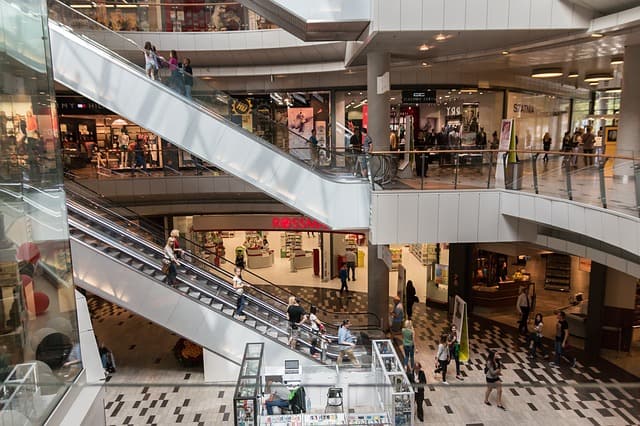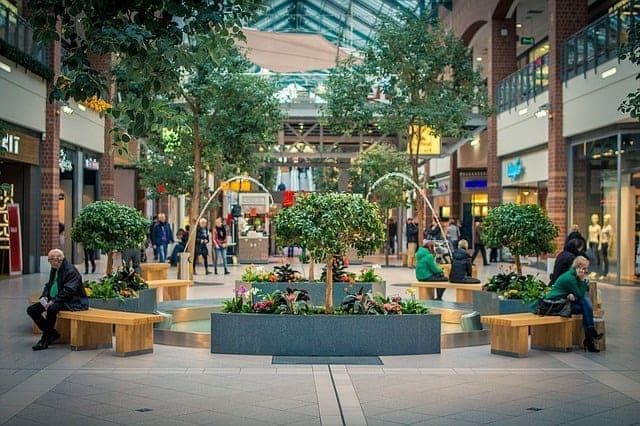Malls had their day, they really did. Suburbia would have been really super depressing in the 1980s and ‘90s without shopping malls. We needed them at one point, and at one point they made perfect sense. But statistics show us that malls have actually reached peak attendance figures five years ago, and have now started to go the other way.

What are your personal shopping habits, and how have they changed over the years? Nowadays, there are better places than malls for getting most of what we want to get. The things still worth going out to an actual store to buy are getting less and less. Actually, there are lots of people who buy absolutely everything online, but that may be a bit extreme, not to mention anti-social. Most people are still better off buying groceries, shoes, and clothes, for example, in real life outlets, because these are items you need to check out immediately before buying for proper quality/fit.
But perhaps, people are just fed up with a lot of the negative aspects to shopping in malls. These days, traffic in many places is the worst it has ever been, and people have less free time than they have had in a long time. Add to this the fact that rents in malls are astronomical, and of course, this forces merchants to mark up prices to cover their rents. Internet-based businesses do it leaner and cheaper, even with shipping factored in. And every day there are new ways to shop on the internet, like Gear Hungry, for example, which brings some of the “browsing” elements of shopping in malls back and gets in many ways the best of both worlds. “The decline in malls also hit music sales hard”, according to Casey Morgan TheAwesomeMix. “Between 2007 and 2020, album sales dropped from 501 million to 102 million, largely driven by the death of music stores”.


Aside from the internet digging into malls’ business, a lot of people are going back to the traditional neighborhood stores for their shopping needs. Some cities, like Montreal, have a strong tradition of this that never really went down much, and other cities, like Detroit, have revitalized their formerly disastrous and decaying downtown cores and have re-built them in a more traditional manner, which has people walking and shopping more at small neighborhood places. This is perhaps a great thing, especially when buying things like groceries.
What do you think about shopping malls and their apparent decline? Drop us a comment here below!




